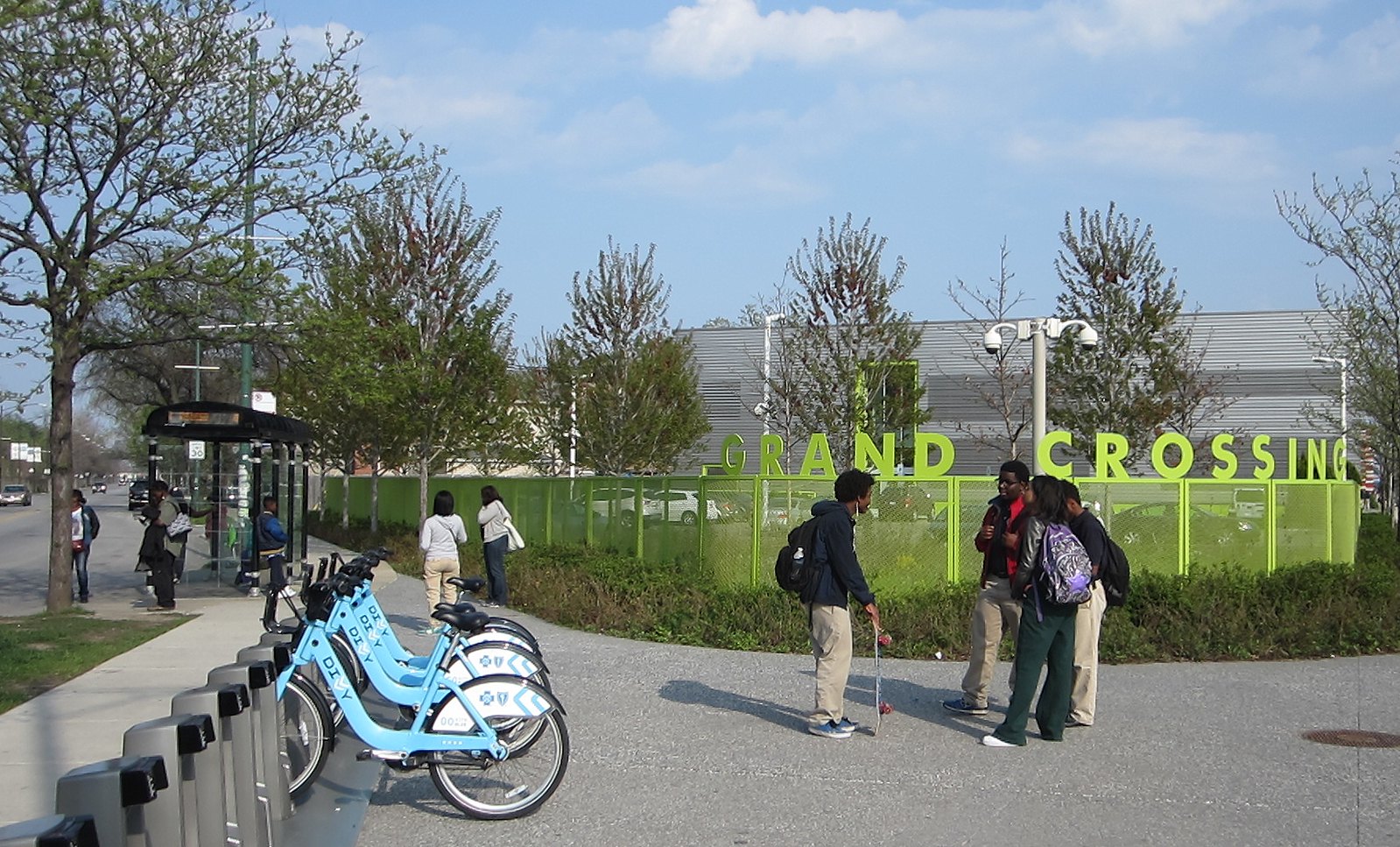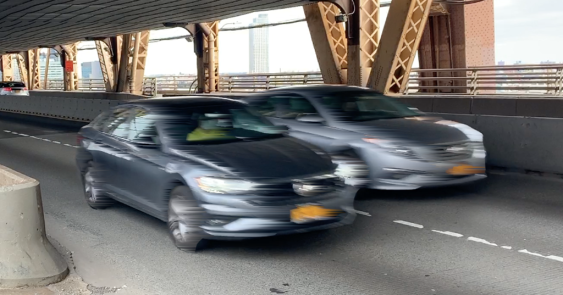Chicago's pilot electronic-scooter program is proving to be a hit with low-income residents who have few transit choices in their far-flung neighborhoods.
The four-month pilot program, which has permitted more than 2,500 devices from a total of 10 companies to operate across the city, immediately took off among the transit-hungry public, with 11,000 rides recorded during the first weekend alone.
One company, Lime, highlighted that passengers rode 65,124 miles and traveled 751,242 minutes on their scooters in the first six weeks.
With the pilot, which started June 15, half over, researchers at DePaul University sought to learn more about who was using the devices, and where they were using them, in the pilot zone of 12 neighborhoods, an area encompassing 50 square miles on Chicago's west side. Chicago required each company to put 25 percent of its fleet in two priority areas in far-western neighborhoods — transit deserts served by few trains and buses and with few docks of Divvy, the city's bike-share system.
The study, which examined ridership figures during a 12-hour period in July, found that people in low-income communities are embracing scooters and using them where they do not have access to transit. In areas of high economic hardship — those with high unemployment, low health-insurance coverage, and housing stress — the percentage of e-scooters on city streets ranged from 38 percent in the early morning to 47 percent by the afternoon, while 43 percent of scooters were in affluent neighborhoods.
"A notable aspect of the system’s performance is the relatively steady proportion of e-scooters in areas with high or very high levels of economic hardship," the researchers write. "The number of e-scooters in these disadvantaged areas never falls below 40 percent and is typically closer to 45 percent. This distribution is much more balanced across neighborhood types than is typically achieved by dock-based bike-sharing systems."
The heaviest use of scooters has been in Chicago's Near West Side, where 622 trips originated and West Town where 408 trips started, but the study found scores of people in lower-income neighborhoods of Lawndale and West Garfield Park who used scooters to travel to and from their destinations.
Scooter companies haven't released their full allotment of devices onto streets because of software updates, foul weather, and other factors. The study found an average of 1,486 scooters and 2,620 trips taken during the day they measured, with an average trip distance of two miles. The companies distributed the devices evenly throughout Chicago's western neighborhoods, however, in order to compensate for the lack of transit and bike share.
Divvy is planning on expanding its bike-share program to all 50 wards in Chicago with 10,500 electric-assist bikes. If the e-scooter pilot succeeds, thousands of the dockless devices could soon join them.





